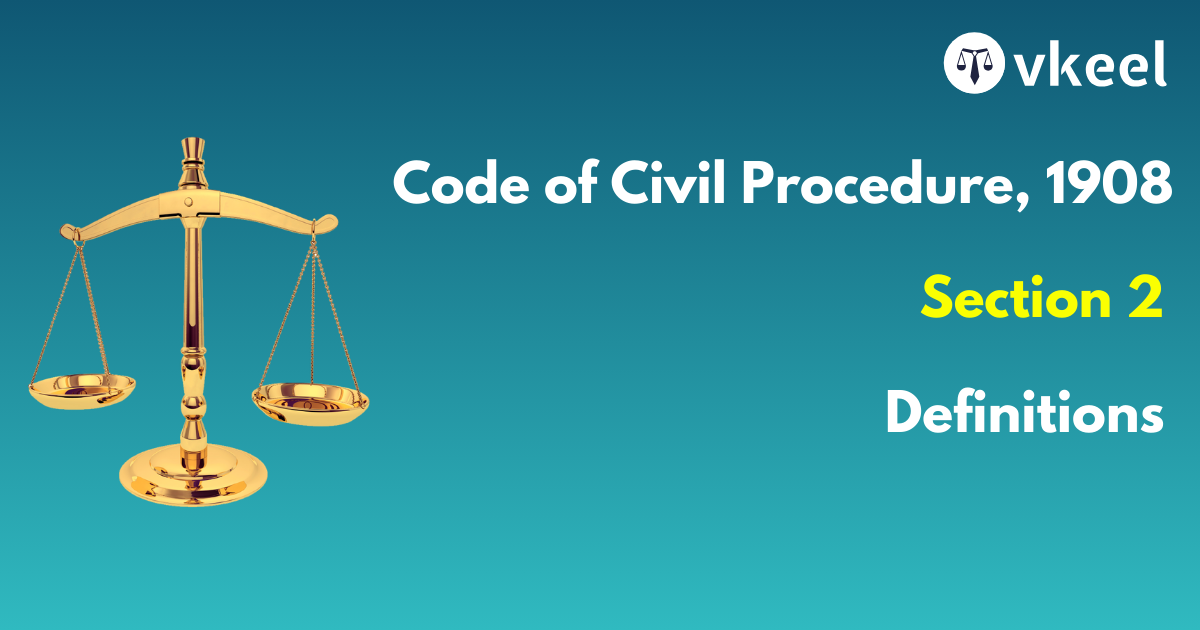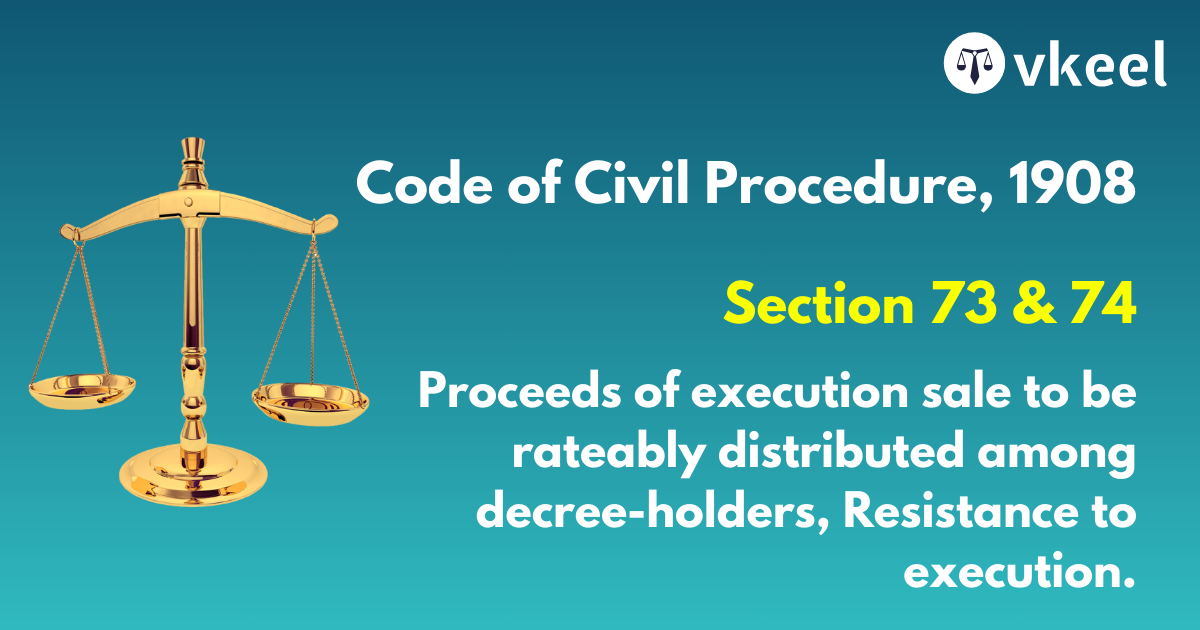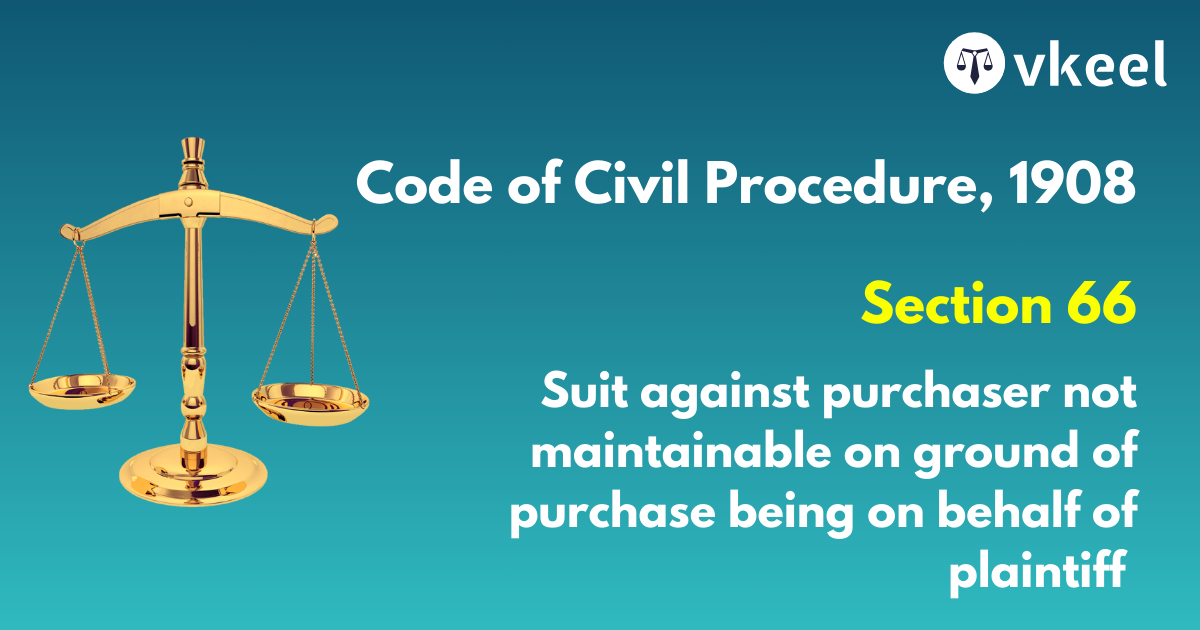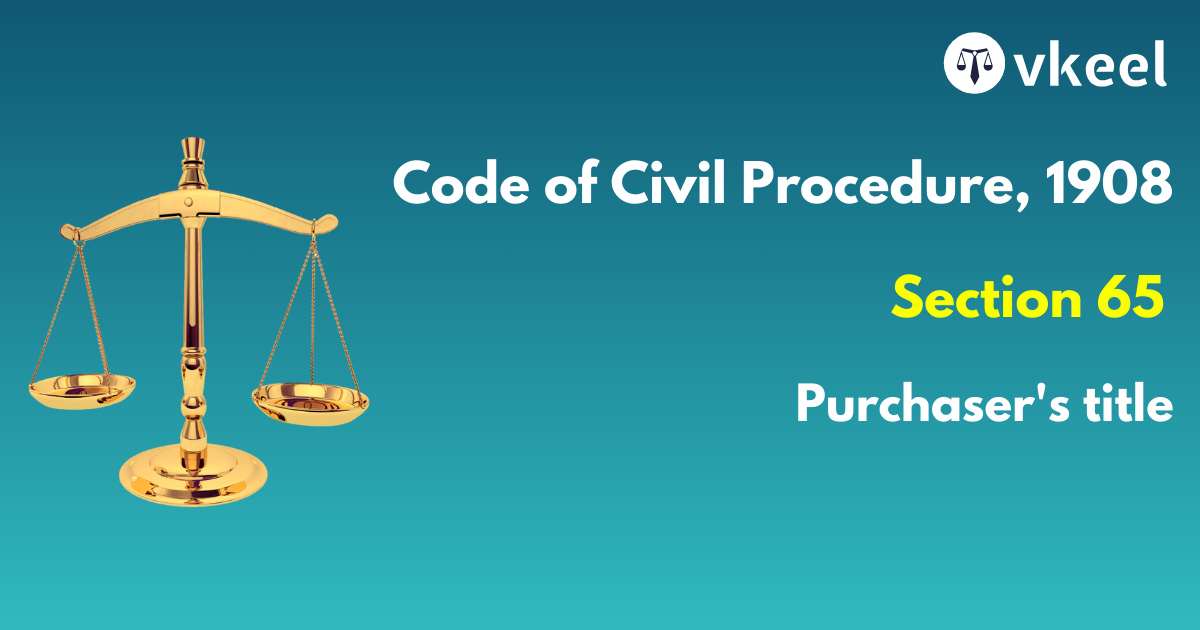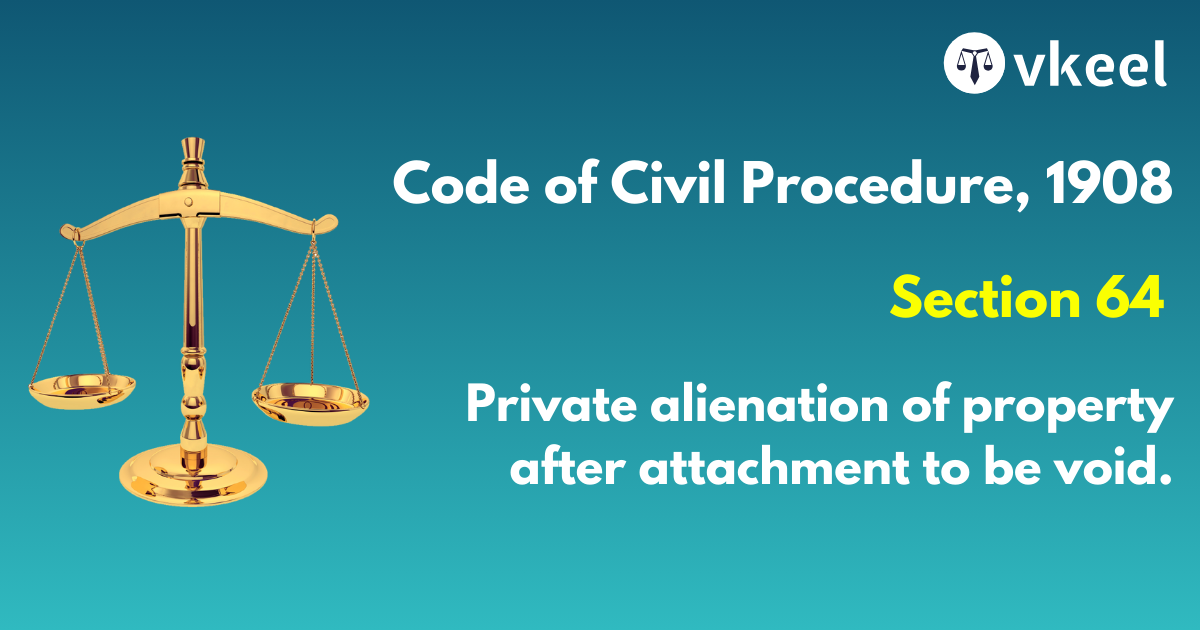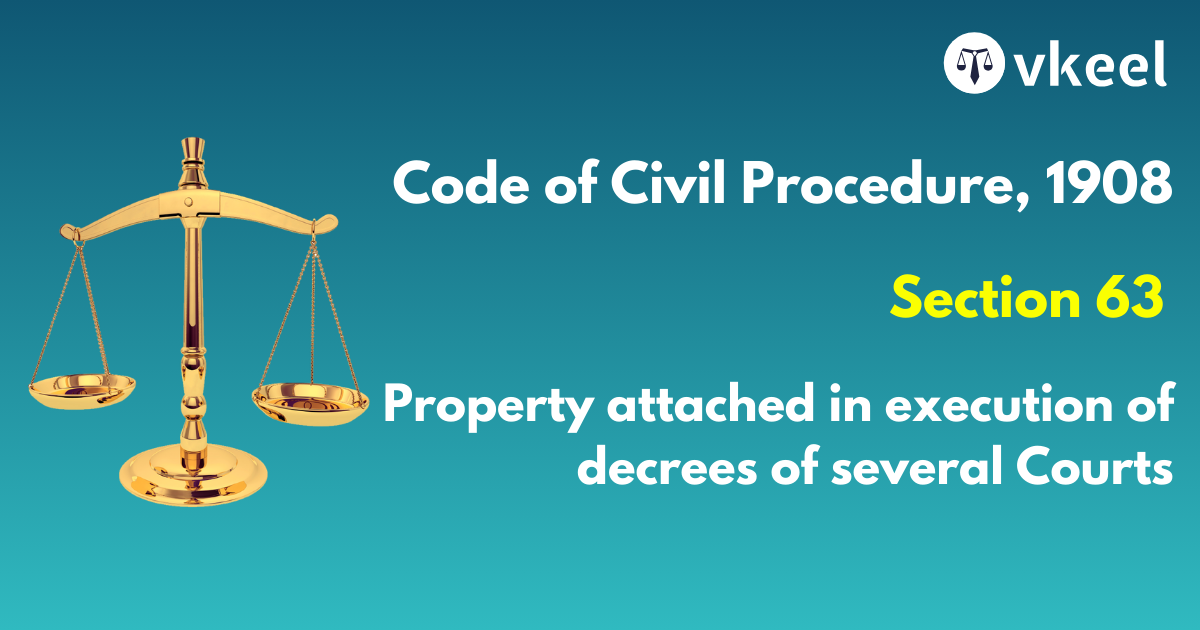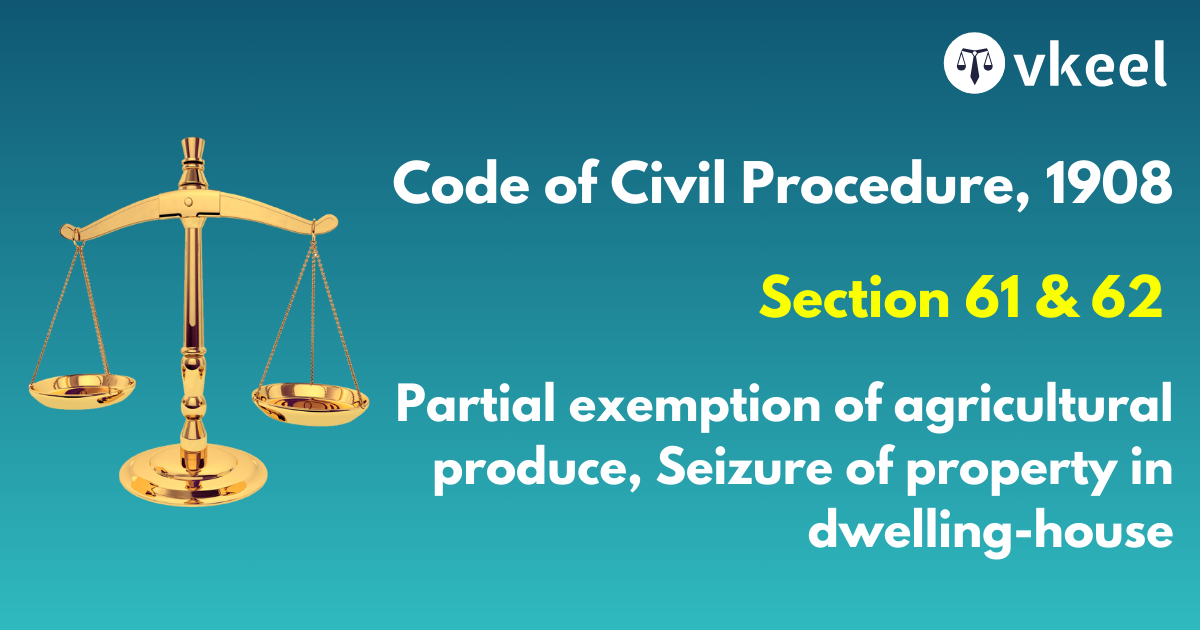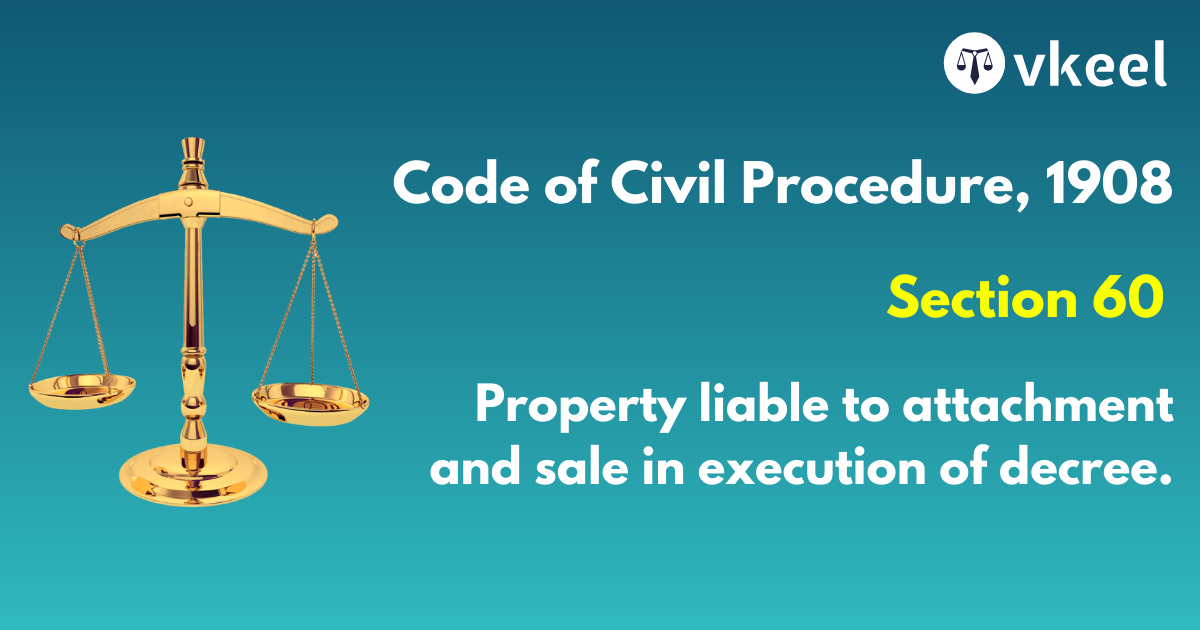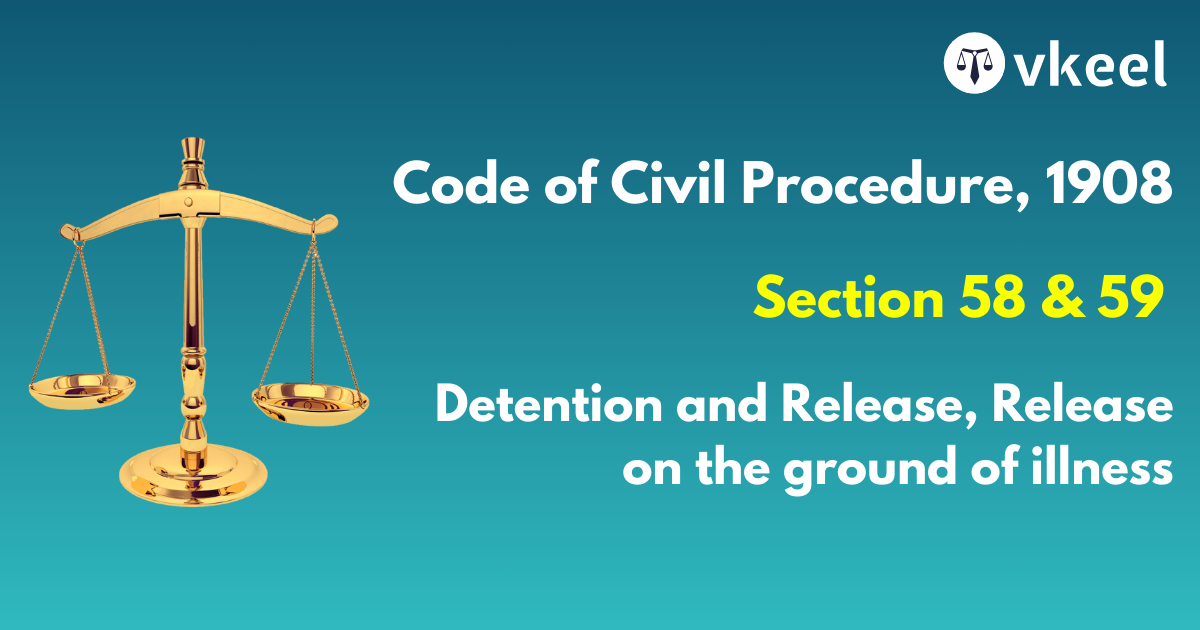Section 2 Code of Civil Procedure,1908 – Definition
By Joy Puri
Table of Contents
Introduction
The Code of Civil Procedure,1908 entails about the procedural laws of the country. The procedural laws of the country therefore build a procedure for the appeals and how the hierarchy or the steps will be followed in regards to the laws of the country.
The procedural laws of the country helps in prevention of the chaos and ruckus which can be caused if the due procedures established by law are not kept in check.
The Code of Civil Procedure acts as a savior towards the delivery of justice in the country by creating and thereby paving the way for the substantive laws to function in the country.
Section 2 of the Code of Civil Procedure,1908
2. Definitions- In this Act, unless there is anything repugnant in the subject or context,-
(1) “Code” includes rules;
(2) “decree” means the formal expression of an adjudication which, so far as regards the Court expressing it, conclusively determines the rights of the parties with regard to all or any of the matters in controversy in the suit and may be either preliminary or final. It shall be deemed to include the rejection of a plaint and the determination of any question within section 144, but shall not include-
(a) any adjudication from which an appeal lies as an appeal from an order, or
(b) any order of dismissal for default. Explanation-A decree is preliminary when further proceedings have to be taken before the suit can be completely disposed of. It is final when such adjudication completely disposes of the suit, it may be partly preliminary and partly final;
(3) “decree-holder” means any person in whose favour a decree has been passed or an order capable of execution has been made;
(4) “district” means the local limits of the jurisdiction of a principal Civil Court of original jurisdiction (hereinafter called a “District Court”), and includes the local limits of the ordinary original civil jurisdiction of a High Court;
(5) “foreign Court” means a Court situate outside India and not established or continued by the authority of the Central Government;
(6) “foreign judgment” means the judgment of a foreign Court;
(7) “Government Pleader” includes any officer appointed by the State Government to perform all or any of the functions expressly imposed by this Code on the Government Pleader and also any pleader acting under the directions of the Government Pleader;
(7A) “High Court” in relation to the Andaman and Nicobar Islands, means the High Court in Calcutta;
(7B) “India”, except in sections 1, 29, 43, 44, 44A, 78, 79, 82, 83 and 87A, means the territory of India excluding the State of Jammu and Kashmir;
(8) “Judge” means the presiding officer of a Civil Court;
(9) “judgment” means the statement given by the judge of the grounds of a decree or order;
(10) “judgment-debtor” means any person against whom a decree has been passed or an order capable of execution has been made;
(11) “legal representative” means a person who in law represents the estate of a deceased person, and includes any person who intermeddles with the estate of the deceased and where a party sues or is sued in a representative character the person on whom the estate devolves on the death of the party so suing or sued;
(12) “means profits” of property means those profits which the person in wrongful possession of such property actually received or might with ordinary diligence have received therefrom, together with interest on such profits, but shall not include profits due to improvements made but the person in wrongful possession;
(13) “movable property” includes growing crops;
(14) “order” means the formal expression of any decision of a Civil Court which is not a decree;
(15) “pleader” means any person entitled to appear and plead for another in Court, and includes an advocate, a vakil and an attorney of a High Court;
(16) “prescribed” means prescribed by rules :
(17) “public officer” means a person falling under any of the following descriptions, namely:-
(a) every Judge;
(b) every member of [4][an All-India Service];
(c) every commissioned or gazetted officer in the military, naval or air forces of the Union while serving under the Government.
(d) every officer of a Court of Justice whose duty it is, as such officer, to investigate or report on any matter of law or fact, or to make, authenticate or keep any document, or to take charge or dispose of any property, or to execute any judicial process, or to administer any oath, or to interpret, or to preserve order, in the court, and every person especially authorized by a Court of Justice to perform any of such duties:
(e) every person who holds and office by virtue of which he is empowered to place or keep any person in confinement;
(f) every officer of the Government whose duty it is, as such officer, to prevent offences to give information of offences, to bring offenders to justice, or to protect the public health, safety or convenience;
(g) every officer whose duty it is, as such officer, to take, receive, keep or expend any property on behalf of the Government, or to make any survey, assessment or contract on behalf of the Government, or to execute any revenue process, or to investigate, or to report on, any matter affecting the pecuniary interests of the Government, or to make, authenticate or keep any document relating to the pecuniary interests of the Government, or to prevent the infraction of any law for the protection of the pecuniary interests of the Government; and
(h) every officer in the service or pay of the Government, or remunerated by fees or commission for the performance of any public duty;
(18) “rules” means rules and forms contained in the First Schedule or made under section 122 or section 125;
(19) “share in a corporation” shall be deemed to include stock, debenture stock, debentures or bonds; and
(20) “signed”, save in the case of a judgment or decree, includes stamped.
Relevance of this provision
It is always important to know what the author through its words want to speak. It is not always what is written. There are cases where there exists a conflict between the two.
Albeit, to avoid these scenarios, the legislature by the instituting this section makes it clear and easy for the better understanding of the readers as to what the meaning of the words which are used in the act further stands for.
The section furthermore envisages about the meaning and the definitions of the verbiage that is further put forth in the document of Code of Civil Procedure,1908.
Furthermore the in the landmark judicial pronouncement of the case of Dr Ramesh C. Vaish Vs Bhanwari Lal Jaipuria the court in this case held that If the decree is invalid, and has been not been held as nullity, the question of same being an order appealable in terms of clause 15 of Letters Patent does not arise.
Conclusion
The provision for this section as aforementioned which has been entailed in Code of Civil Procedure, 1908 approaches the concept of consistency, whereby proving it to be at a larger scale for the legal interpretation.
The provision ordained in the Code of Civil Procedure enumerates the precision and the clarity which has been reflected by the legislature in the act.
Disclaimer:
The information provided in the article is for general informational purposes only, and is not intended to constitute legal advice or to be relied upon as a substitute for legal advice. Furthermore, any information contained in the article is not guaranteed to be current, complete or accurate. If you require legal advice or representation, you should contact an attorney or law firm directly. We are not responsible for any damages resulting from any reliance on the content of this website.

